How much weed can you really grow from 4 plants?
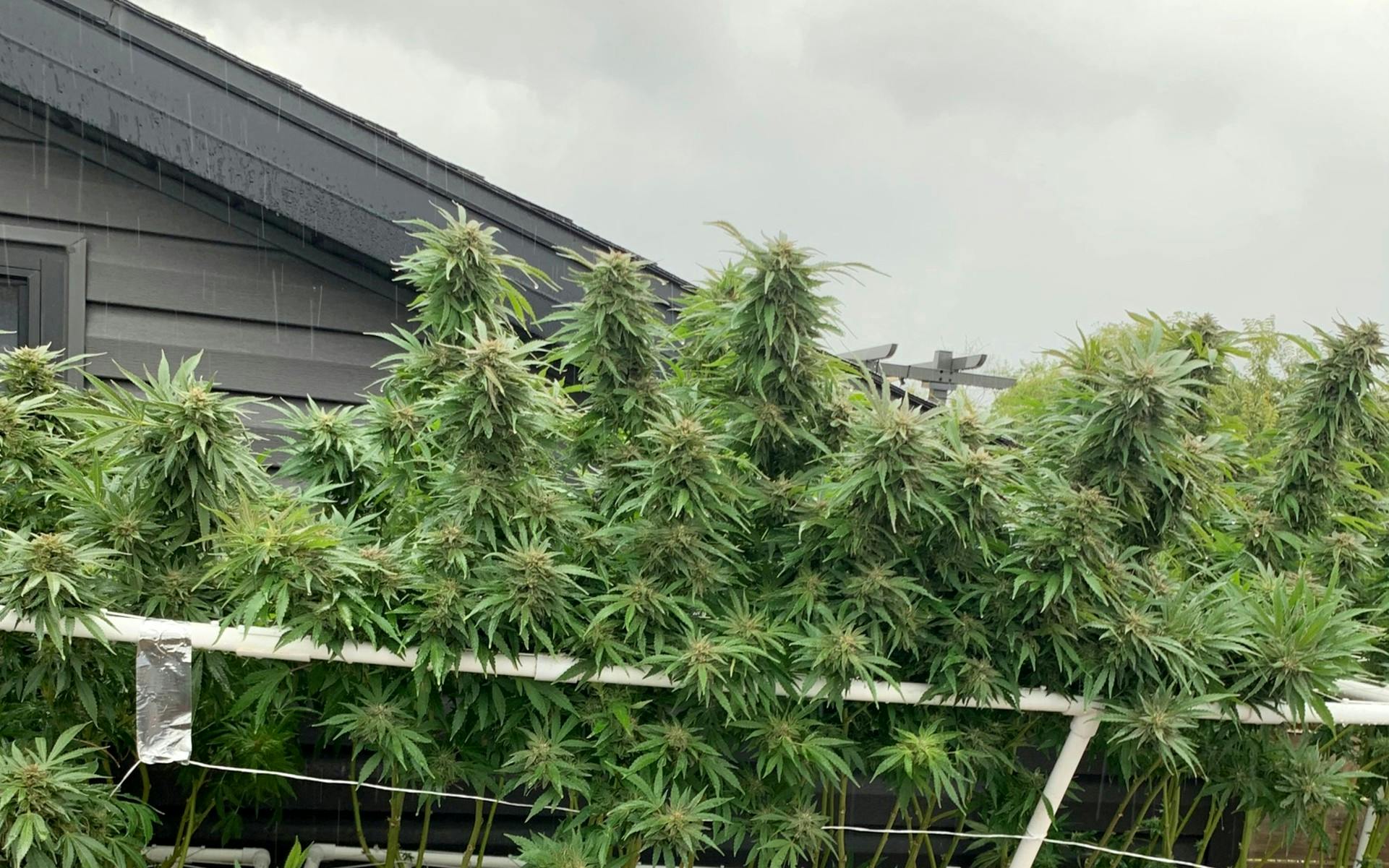
Under 2020’s pandemic-induced lockdown, I did what many cannabis-loving Canadians did this spring: I planted some weed. Adults in most Canadian provinces are permitted to cultivate up to four recreational cannabis plants per household. And while cannabis can grow like, well, a weed… maximizing the yield from just four plants takes a certain amount of know-how.
Fast forward to October and Toronto is back under “lockdown” again and all I have to show for it is an ounce or so of homegrown bud.
It begs the question, how much weed can you really grow from just four plants?
For a real-life example, meet Jonathan Hirsh (a.k.a @Weedstagram416) who’s been documenting his quarantine-inspired homegrow on his (now devastatingly deleted) Instagram account.
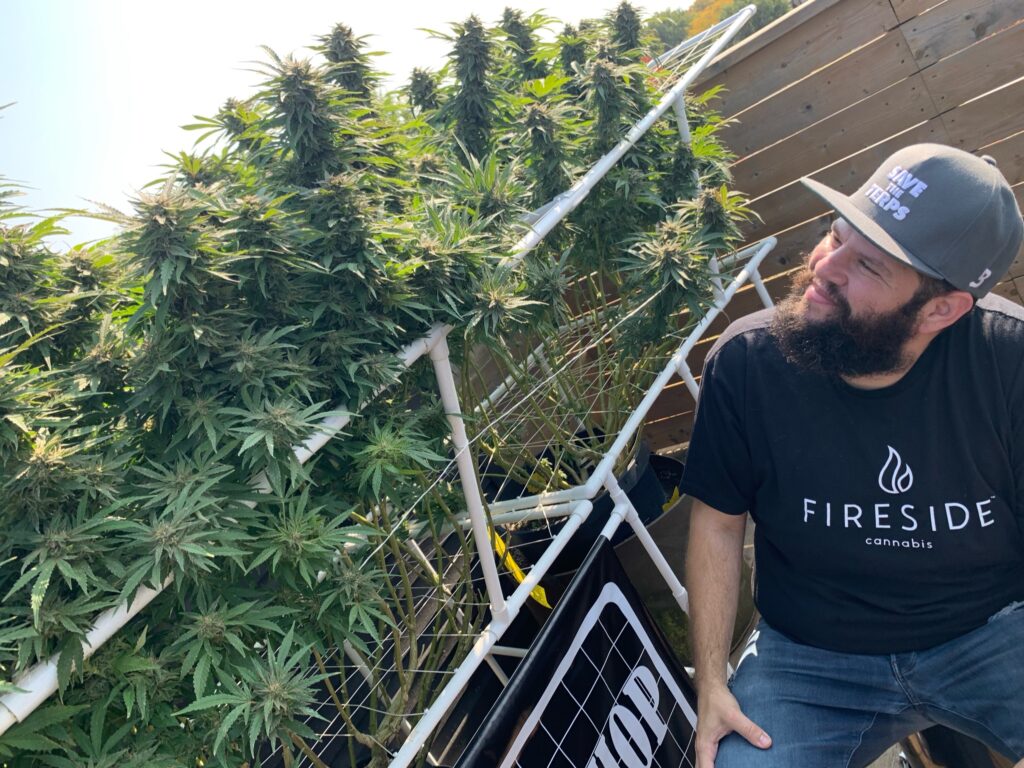
From his four mature plants, he harvested ~20lbs of cannabis (wet weight). And while he’s devoting 17.58lbs to freezing for extraction, he’s drying the rest to smoke. He estimates that if he were to dry it all, his crop would yield nearly 8lbs of dry weed (that’s almost 2lbs per plant)!
Curious how you can maximize your own four-plant crop? Read on to learn which steps Jonathan skips and which are essential for getting the biggest possible yield from your plants.
For your 4 plants, what varieties (strains) did you grow this season?
This season I grew four cultivars; Banana Candy Creams, Guide Dawg, Cherry Dawg Punch, and Insane Ice Cream.
When did you plant those seeds?
Seeds hit the soil March 15.
Wait, don’t you germinate the seeds first?
I sprout them in the soil. I get a pot, or even a red solo cup, poke four to six holes in it, put in some soil, put my seeds in, then cover it with soil and water it. A lot of people use the paper towel method and all that but it’s a waste of time.
Can you tell us how you shaped your 4 plants to get so many colas?
There are many steps to keeping your four plants short, bushy, and giving them the opportunity to develop lots and lots of colas. The highest yielding and best quality flowers are always going to be near the top of that plant because it gets the most amount of sun and because the plant is also sending the most amount of food and energy to those top buds. So if you can trick your plant into thinking that all of the new growths are top buds, then they’re all going to be the best quality buds possible.
So how do you do it?
Step 1:
It starts with planting the seeds early. I like to do it in the middle of March.
At this stage, it’s essential to ensure that you don’t allow the plant to stretch and get tall before it is ready. A lot of people will put their light above their soil and their seed will stretch towards that light. I always keep the light three to four inches away from my seedling at the very earliest stages and move it up centimetre by centimetre, inch by inch, day by day, to do my very best to keep that plant as low as possible.

The trick is to put your hand by the canopy of your little seedling and if your hand isn’t too hot after 60 seconds, you’re good. This is why I use a fluorescent bulb in the earliest stages because you can get it super close to the plant without any damage.
Step 2:
The next step is to do something called topping which is the action of cutting the plant at the new growth on the main stem. When you top the main bud site, it’s going to cause all these extra bud sites to appear and become their own colas. You can continue to top all your other main bud sites and create more colas and your plant will just keep doubling in size and width.
Instead of topping at the traditional third node, I like to do the topping at the second node. It keeps the seedling incredibly low to the soil and allows me to do the next step which is called low-stress training.
Step 3:
Low-stress training is really simple but it takes a lot of time. It was a great technique for quarantine because I had all this time and it gave me a lot of hands-on time with my “Quarantine Babies,” as I called them.
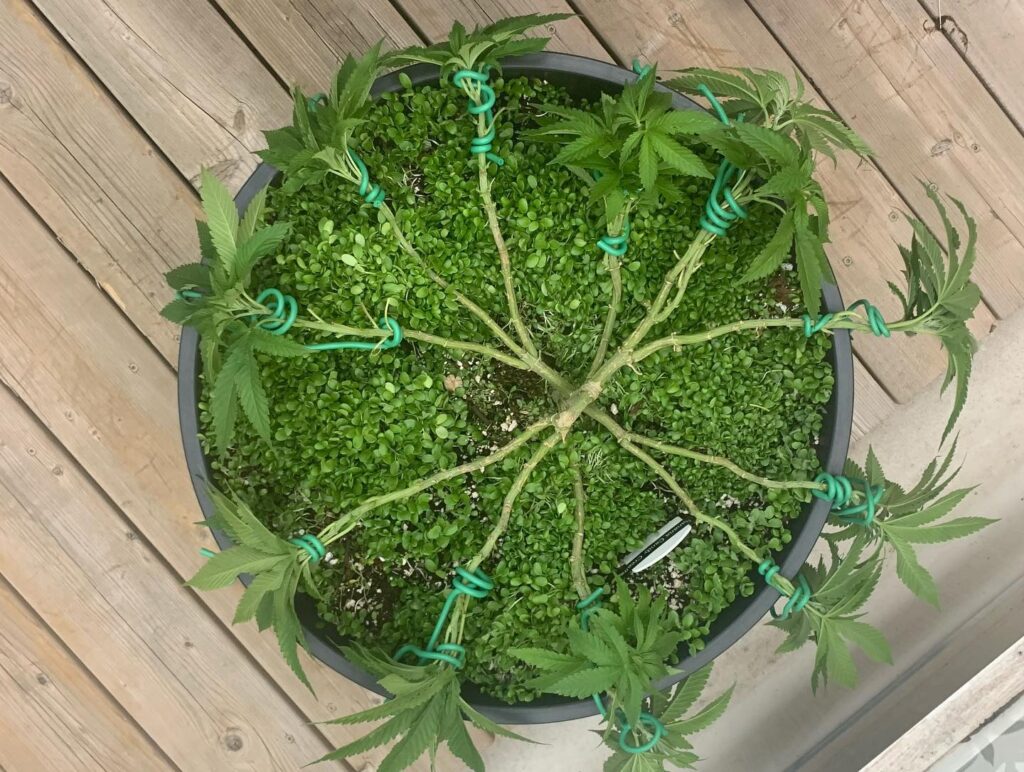
Go to your local plant store and purchase rubber plant wire, it’s super cheap, you can sometimes even find it at the dollar store. Then punch holes around the rim of your pot and using the rubber wire, slowly bend the branches down into a wagon wheel so that they grow out horizontally instead of up, vertically.
Step 4:
The final step is to use something called a scrog net, a flat netting made out of nylon rope or sometimes hard plastic. You can purchase this from any grow supply store.
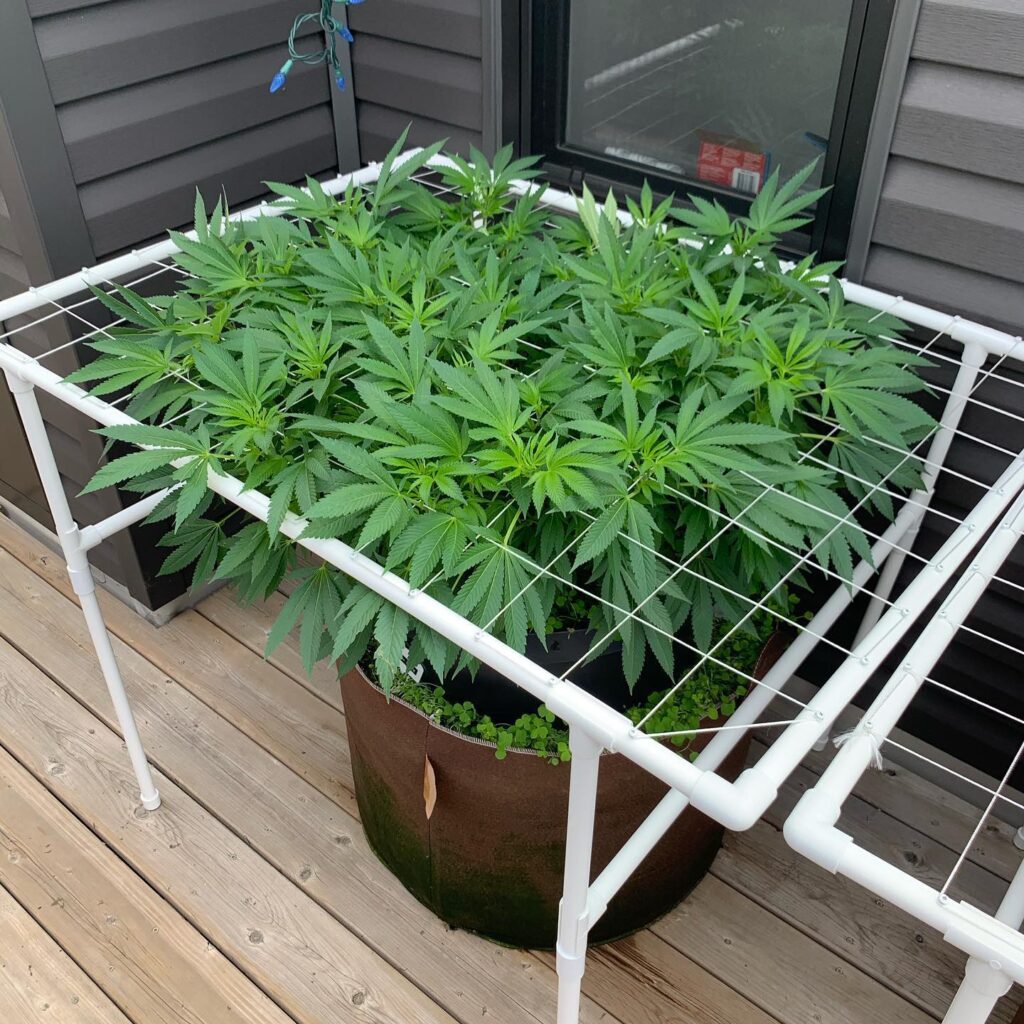
Use the 3×3 inch holes in the scrog net to direct your growth out so that where there used to be side branches coming off your main stems, there’s now going to be colas.
Those side branches are going to grow and be tricked into thinking they’re the top main bud. Because they’re getting full access to sunlight, they’ll get the most amount of energy to grow so they’ll have a lot of resin production, THC, cannabinoids are going to thrive, and you’ll get lots of nice juicy colas.
How many colas did you end up with per plant?
I didn’t count them but there was between 20-30 per plant depending on which plant.

What does your set-up look like? Any special equipment?
This grow was completely organic. I used products from StepWell including super soil. For food, I fed them top-dress and EM1, microbes that help break down the food in the soil.
Pot-wise, I started them in a red Solo cup then up from one to two, up to 10-gallon pots, before cutting off the bottom of a 15-gallon plastic pot and stacking that on top of a 35-gallon fabric pot of soil.
The Scrog Shop built the scrog nets. Then they built a second layer, and an umbrella for them, so there was some rain protection.
Did you encounter any issues like mold or pests and how did you deal with them?
Oh ya, this summer has been terrible for growers. I encountered powdery mildew which I had to deal with by spraying my plants with apple cider vinegar, hydrogen peroxide and water, plus a sulfur spray called Safer’s Defender.
And then there were all sorts of crazy pests this summer. Just like any outdoor grow, nature itself takes care of that, and when it doesn’t, I call a company called Koppert. Even for home growers, they have the ability to send you predatory bugs like nematodes and ladybugs, plus yellow sticky cards. So, I battled the crap out of the bug population.
So what are you going to do with all that weed?
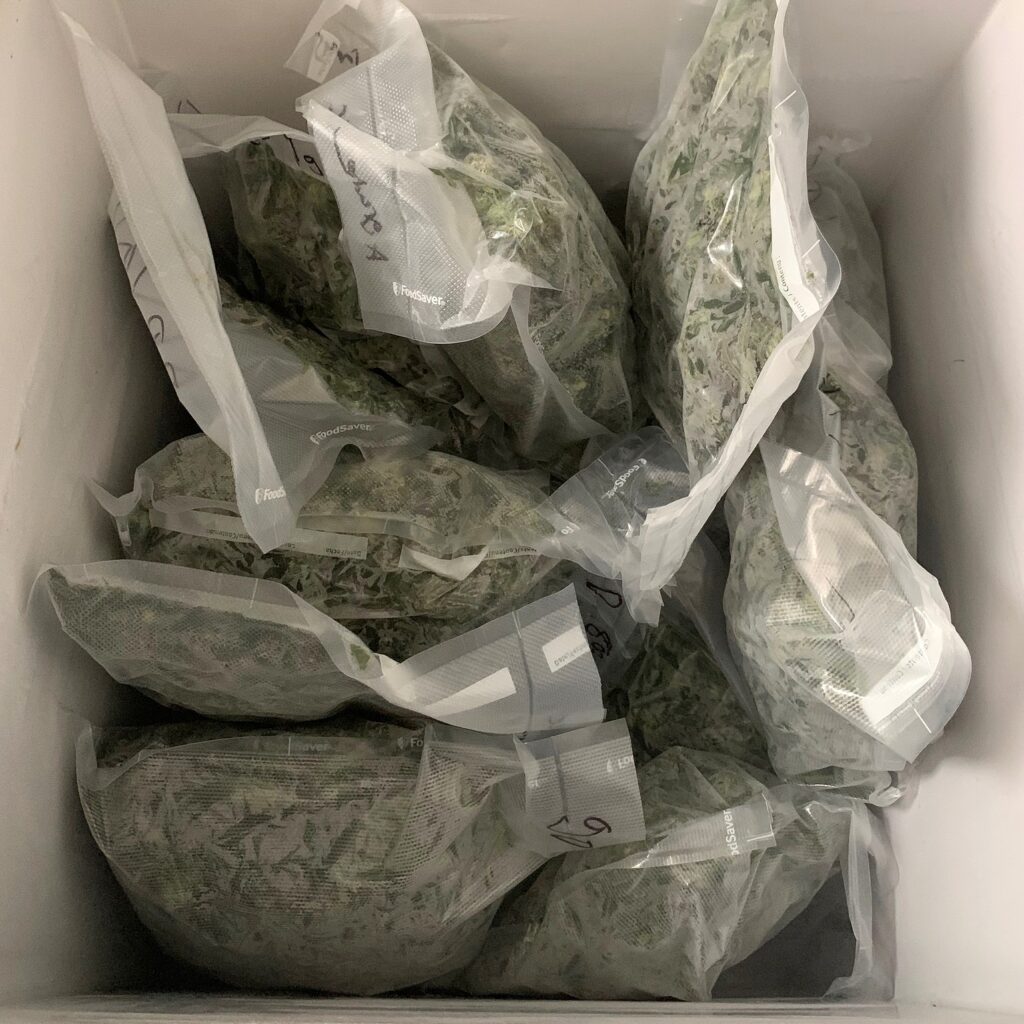

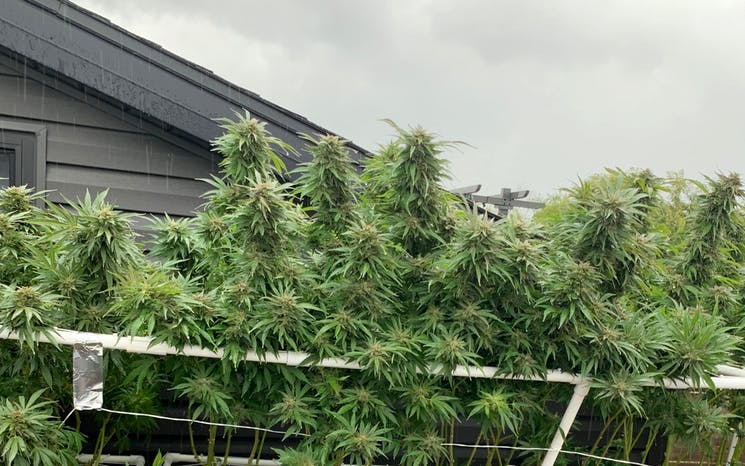

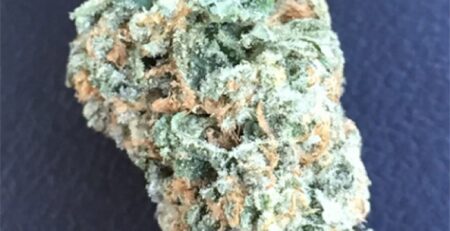




Deixe uma resposta
Tem de iniciar a sessão para publicar um comentário.